Our Experts - Modern History
Read about our tutors who teach on the MA in History.
The staff who teach and supervise courses and modules can vary due to staff changes including research and other types of leave.

Dr Michael Brown
I am a cultural historian of modern Britain (roughly 1750-1914), interested in the fields of medicine and surgery, gender, the body, emotions, and war. My most recent research has explored the emotions of nineteenth-century British surgery, and demonstrates the vital, if changing, role that feelings played in shaping surgical identities, and in structuring relations between surgeons and their patients. This research has been published in a number of journal articles and in my latest book, Emotions and Surgery in Britain, 1793-1912 (Cambridge University Press, 2022). I am currently developing two research projects with Professor Joanne Begiato of Oxford Brookes University. The first of these considers the embodied and emotional history of the hand in Victorian Britain, while the other explores the material and emotional history of popular militarism in the late nineteenth and early twentieth centuries.
I am interested in supervising PhD students working on the topics of medicine, surgery, war, gender, bodies, and emotions from the eighteenth to the twentieth centuries.
Michael Brown staff profile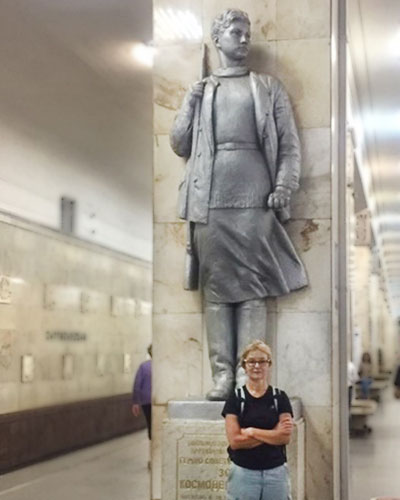
Professor Mercedes Camino Maroto
My research interest lies in twentieth-century European history, WWII and the Holocaust, cross-cultural voyages of exploration, Early Modern Colonialism, the history of cartography, Film and Media Studies, and Memory Studies.
Professor Mercedes Camino Maroto profile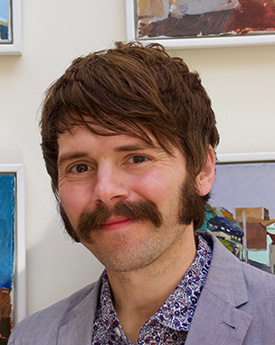
Dr Christopher Donaldson
I contribute to the MA module 'Critical Heritage Studies' and co-supervise the 'Outreach, Heritage and Public History Placement' and 'School Placements' MA modules. My research is primarily concerned with the cultural history of landscape, with an emphasis on the eighteenth and nineteenth centuries. I have a particular interest in print history as well. My current research projects include Envisaging Landscapes and Naming Places: The Lake District before the Map (2021–2022), which is funded by the British Academy. In addition, I co-edit the Digital Forum for the Journal of Victorian Culture and edit The Ruskin Review.
Dr Christopher Donaldson profile
Dr Timothy Hickman
I am a cultural historian whose research is in the literary and visual culture of the United States in the nineteenth and twentieth centuries. I am interested particularly in the social and political outcomes of contrasting constructions of 'modernity' between 1870 and 1920. An important element of that culture was the formulation of the concept of (drug) addiction and the medico-legal policies formulated to remedy the condition. This latter interest has led to further publications that examine drug laws and drug culture in more recent American society. All of my work demonstrates a special interest in the construction of race, class and gender difference in the United States.
Dr Timothy Hickman profile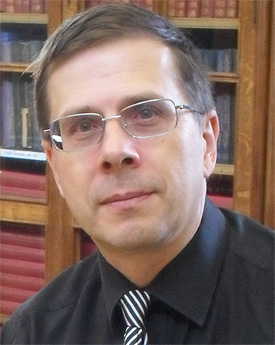
Professor Michael Hughes
I supervise the MA module ‘From Peter to Putin: Russia as a Great Power’. I am a historian of nineteenth and twentieth century Russia, with a particular interest in the development of Russian conservative thought from 1815 down to the 1917 Revolution (particularly thinkers within the Slavophile tradition). Much of my recent work has focused on Anglo-Russian relations, seeking to place formal diplomatic relations in the context of wider cultural exchange, while my current research project explores the development of transnational revolutionary networks in the late 19th and early 20th centuries. I also have a long-standing interest in the role of religion in international politics.
Professor Michael Hughes profile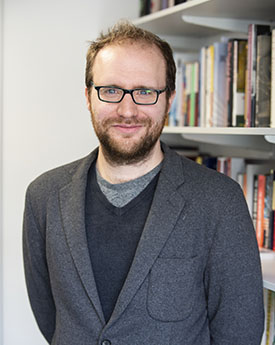
Dr Mark Hurst
My research focuses on campaigns conducted by human rights organisations during the Cold War, and on activism more broadly in contemporary history. My current research focuses on the history of Amnesty International, an organisation that has become synonymous with human rights concerns in the twentieth century. Despite this position, the influence of Amnesty International on the wider political process has been relatively understudied, something my research is aiming to address. I am particularly interested in how organisations such as Amnesty International functioned during the Cold War, when human rights issues were often at the forefront of international relations. Alongside this, I am interested more broadly in the history of human rights, dissent, and activism.
Dr Mark Hurst profile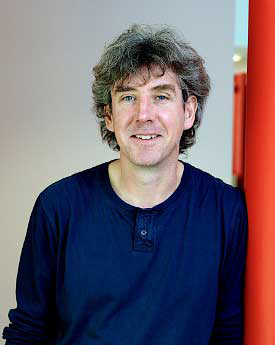
Professor Ian Gregory
I convene the MA Digital Humanities and supervise the module 'Digital Texts in the Humanities'.
I work in Digital Humanities and am particularly interested in using Geographical Information Systems (GIS) with texts as well as the more traditional quantitative sources. I have used these approaches to study a range of topics from historical demography to Lake District literature. I am also co-director of Lancaster's Digital Humanities Hub, which draws together the university’s expertise in spatial humanities and corpus linguistics.
My particular interests include:
- The use of conventional Historical GIS techniques to study long-term change in Britain and Ireland in particular through the nineteenth and twentieth centuries
- Using GIS to explore textual sources, especially large corpora, through the combined use of geo-parsing, spatial analysis and corpus linguistics techniques
- Developing an understanding of what GIS has to offer to the humanities and developing the use of these technologies in disciplines including history and literary studies
- Using digital technologies across the humanities and social sciences to gain a better understanding of the past.
This research has been the subject of a number of major projects, including the European Research Council funded Spatial Humanities: Texts, GIS, Places and the Leverhulme Trust funded Geospatial Innovation in the Digital Humanities. For much more on my research see my web profile.
Professor Ian Gregory profile
Dr Mark McLay
My main research interests lie in the post-1960s United States. Primarily, I am interested in the extent to which the United States has polarised since 1960, and the ways in which this has manifested in American politics, society, and culture. Somewhat relatedly, I am intrigued by race relations during this era, particularly the evolving views of white Americans. My other interests lie in the effect that wars have had in reshaping US politics, society, and culture. In this regard, I have a special interest in both the Vietnam War and the most recent Iraq War (2003-2009).
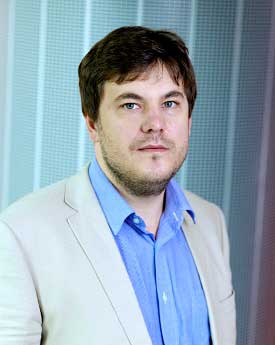
Dr Thomas Mills
I supervise the MA module 'A Special Relationship? The USA and Great Britain from World War II to the War on Terror'. My research lies in the field of international relations in the twentieth century, with particular interests in US foreign policy towards Latin America and diplomatic relations between the US and Great Britain. My early work explored Anglo-American relations in South America during the Second World War in the broader context of the post-war economic diplomacy undertaken by the wartime allies. My current research projects include a collaborative project exploring Anglo-American relations in Latin America throughout the 20th century; an exploration of the role of British and American business groups in economic diplomacy; and a project exploring Britain's emerging role in Latin America at the turn of the 21st century.
Dr Thomas Mills profile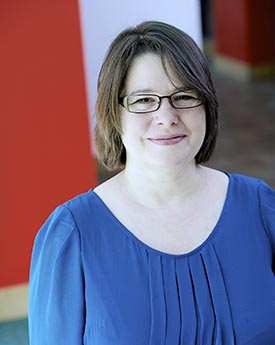
Professor Corinna Peniston-Bird
I am a regular contributor to the MA, and convene the MA Module 'Creative Voices: History and Fiction'. I have co-edited with Sarah Barber two edited collections on genre methodologies emerging from the MA module 'Beyond the Text'. My research focuses on femininities and masculinities at war, spatial and genre methodologies. My work on oral testimonies is centred on the relationship between memories and cultural representations. I am currently working on gendered commemoration, with a particular focus on British war memorials.
Dr Corinna Peniston-Bird profile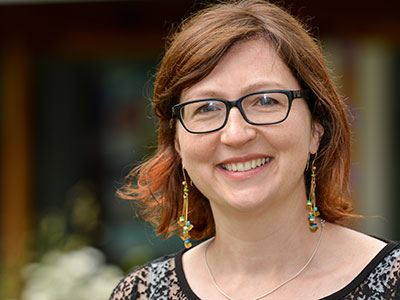
Professor Deborah Sutton
I co-convene the MA module 'Critical Heritage Studies'. My research work explores the extraordinary capacity of digital technologies to rethink the resonances and meanings of the past in the present. I co-created a dedicated software platform, safarnama, that allows complex heritage to be mapped out across Indian urban space and explored using a mobile phone (the safarnama app is available from the Google Play Store). I have recently begun an AHRC-funded project that will use a digitised corpus of texts and cartographic materials to explore water scarcity in Coimbatore in South India. This project is a collaboration with the National Library of Scotland and it aims to create both trusted data relating to water scarcity and innovative visualisations relating to local strategies of water management.
Dr Deborah Sutton profile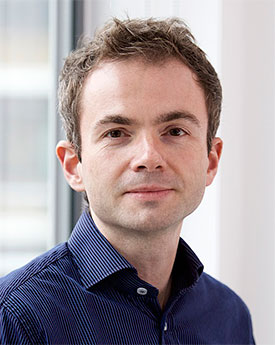
Dr James Taylor
My work explores the cultural, political, and legal dimensions of economic change in Britain since the 1700s. I have published on subjects ranging from the rise of the corporation, the early history of corporate governance, and the regulation and punishment of commercial fraud, to the history of the financial press and literary representations of commerce. My latest research explores the history of advertising in Britain in the early twentieth century.
Dr James Taylor profile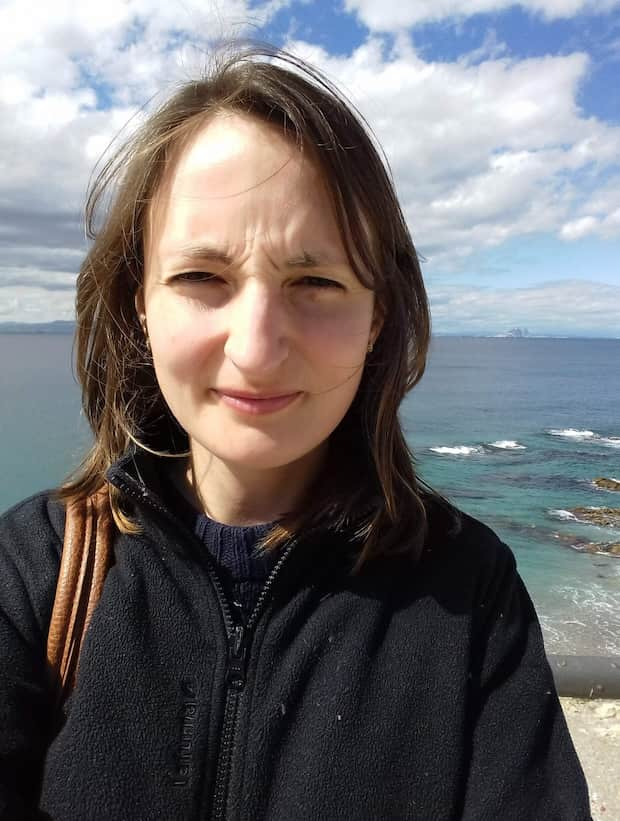
Dr Stephanie Wright
I am a historian of modern Spain, with broader interests in the histories of disability, psychiatry, gender and sexuality. I am particularly interested in the long-term legacies of armed conflict, and my first research project explored the experiences of disabled war veterans of the Spanish Civil War from the perspective of those maimed while fighting on the victorious side of Francisco Franco. As part of this research, I have also written about Moroccan disabled veterans of the Civil War, as well as relationships which developed between Moroccan soldiers and Spanish women during the conflict. My current research explores sexual violence under the Francoist regime, with a particular emphasis on the role of forensic doctors and psychiatrists within court cases linked to sexual crimes.
Dr Stephanie Wright profile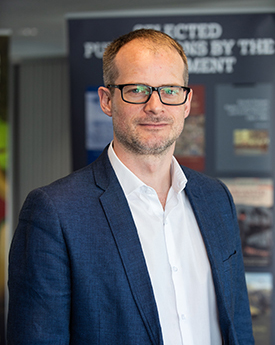
Professor Marco Wyss
I supervise the module ‘The Cold War in the Third World’. My research focuses predominantly on the international history of the Cold War. While the initial focus was on the role of neutrality and Britain in the East-West struggle, I am currently working on the Cold War in the so-called Third World, specifically in Sub-Saharan Africa and in relation to Britain's and France's postcolonial security roles in this region. Meanwhile, I have also carried out research on peacekeeping in Africa, and the transformation of European armed forces since the end of the Cold War. Prior to moving into and beyond the Cold War, I carried out research on volunteers in the Waffen-SS.
Dr Marco Wyss profile
